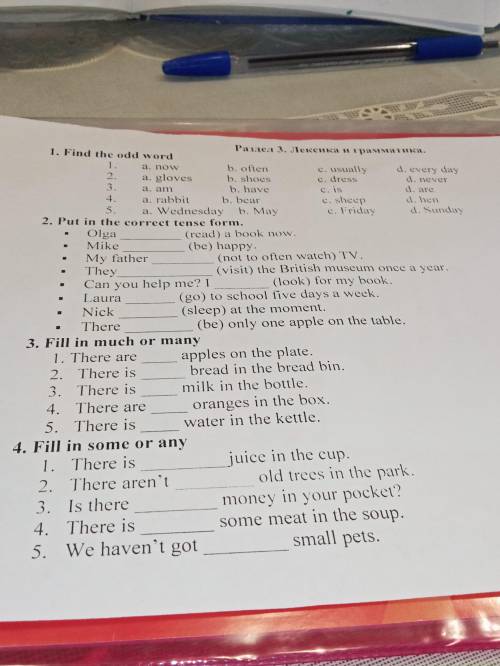
The second planet from the sun bakes under twice as much solar radiation as Earth and reaches temperatures of 895 degrees Fahrenheit (480 degrees Celsius).Pressure from the dense atmosphere of sulfuric acid gas is about 95 times greater than Earth's and would crush a human. The thick cloud cover around Venus rotates much faster than the planet itself - once every four days.
The surface of Venus is mostly a rocky desert (this computer-generated view shows lava flows around Sif Mons). Like Mercury, Earth and Mars, Venus is composed of mostly rock and metal.
The Greeks believed Venus was two separate objects - one in the morning sky and another in the evening. After the moon, Venus is the brightest object in the sky. Because it is often brighter than any other object in the sky - except for the sun and moon - Venus has generated many UFO reports.While all of the planets orbit in an ellipse, Venus' orbit is the closest to a perfect circle. It is the only planet in the solar system whose day (241 Earth days) is longer than its year (225 Earth days).
Поверхность Венеры в основном представляет собой каменистую пустыню (на этом компьютерном изображении показаны потоки лавы вокруг Сиф Монса). Как Меркурий, Земля и Марс, Венера состоит в основном из рока и металла.
Греки считали, что Венера - это два отдельных объекта: один в утреннем небе, а другой - в вечернем. После Луны Венера - самый яркий объект на небе. Поскольку она часто ярче, чем любой другой объект на небе, за исключением Солнца и Луны, Венера стала источником множества сообщений об НЛО. В то время как все планеты вращаются по эллипсу, орбита Венеры наиболее близка к идеальному кругу. Это единственная планета в Солнечной системе, у которой день (241 земной день) длиннее ее года (225 земных дней).
Объяснение:
1)
to go – went (идти – ушёл)
to work – worked (работать – работал)
to come – came (приходить – пришёл)
to rain - rained (идёт дождь – шёл дождь)
to know – knew (знать – знал)
to breath – breathed (дышать – дышал)
to live – lived (жить – жил)
to speak – spoke (говорить – говорил)
2)
He answered this letter last month
Подлежащее – answered, простое время (Past Simple)
Вопросительное: Did he answer this letter last month?
Отрицательное: He didn't answer this letter last month
The day was fine yesterday
Подлежащее – was, простое время (Past Simple)
Вопросительное: Was the day fine yesterday?
Отрицательное: The day wasn't fine yesterday
He always writes with a red pen
Подлежащее – writes, простое настоящее время (Present Simple)
Вопросительное: Does he always write with a red pan?
Отрицательное: He doesn't always write with a red pen
She will come in time
Подлежащее – will come, простое будущее время (Future Simple)
Вопросительное: Will she come in time?
Отрицательное: She won't come in time
3)
He always asks many questions
He was here yesterday
When will you come home tomorrow?
Plants grow everywhere
4)
There are many plants in the world
Men get much food from plants
There are few flowers in deserts in summer
Will you tell me a little about this tree?
5)
She met her friend and asked him to help her
When I met my friend he asked me about my Institute
6)
Farmers begin to plow soil in spring
Farmers – Who begins to plow soil in spring?
Begin to plow – What do farmers do in spring?
Soil – What do farmers begin to plow in spring?
In spring – When do farmers begin to plow soil?
In winter, the weather is very cold in our region
In winter – When is the weather very cold in our region?
The weather – What is very cold in our region in winter?
Very cold – How is the weather in our region in winter?
In our region – Where is the weather very cold in winter?